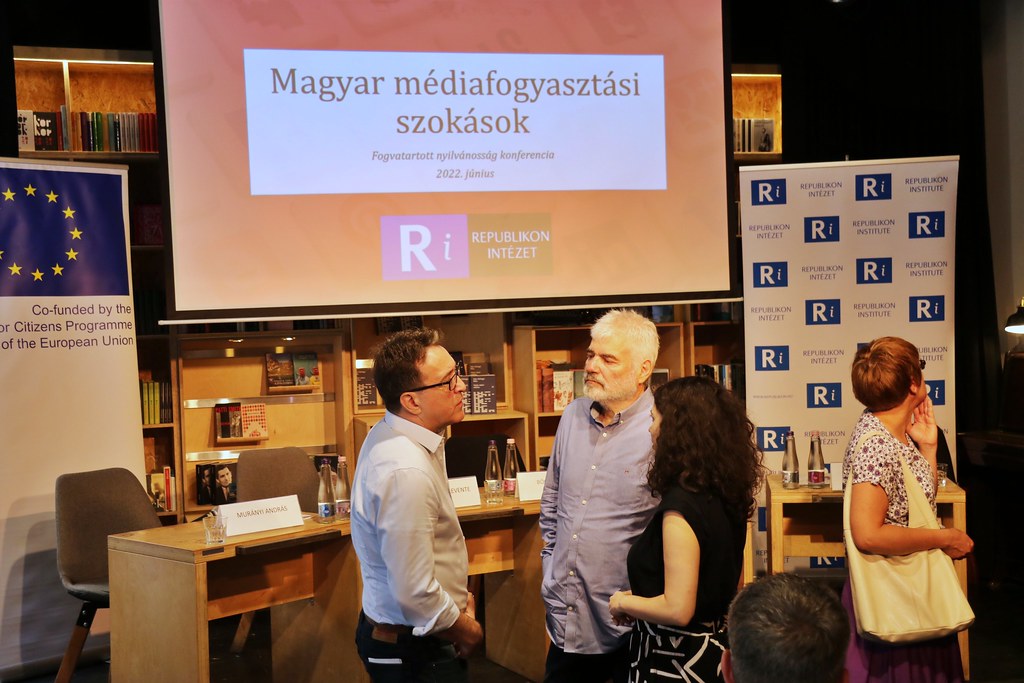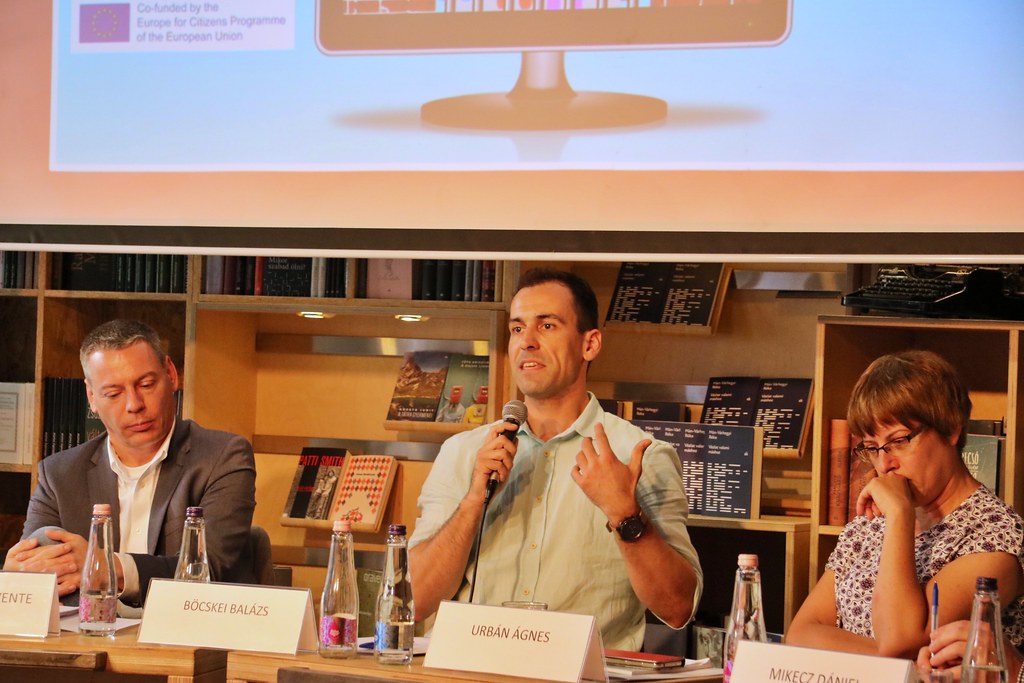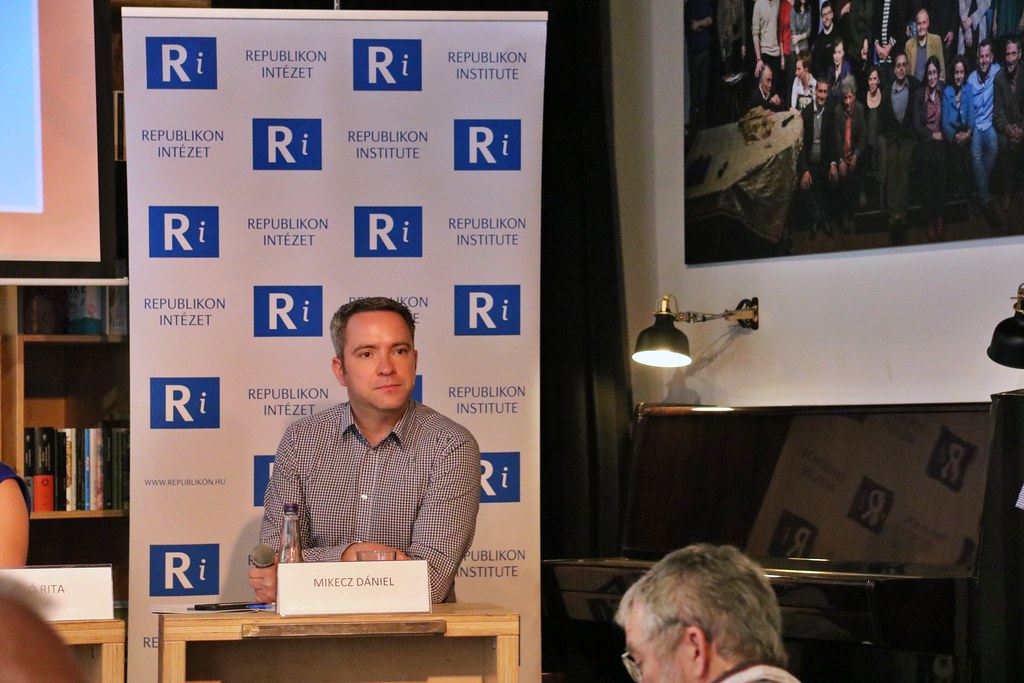

On 8 July, the Republican Institute held its conference on the Captive Public - The Role of the Media in Elections. The conference consisted of two panel discussions. In the first panel discussion, analysts and in the second, journalists shared their views on the role of the media in the 2022 parliamentary elections. The panel discussions were moderated by Dániel Mikecz.
Gábor Horn opened the discussion. He spoke about Fidesz's dominance of the media and its systematic takeover of the media, and said that this amounted to electoral fraud.
The first panel discussion was attended by András Murányi, Communications Director of the Dialogue, Levente Boros Bánk, Director of Analysis at the Nézőpont Institute, Balázs Böcskei, Research Director of the IDEA Institute, András Murányi, Communications Director of the Dialogue and Ágnes Urbán, economist and researcher at Mérték Media Analysis Workshop. Before the panel discussion, Márton Schlanger, researcher at the Republikon Institute, gave a presentation on the state of the media.
Schlanger spoke about a V4 research. This research was carried out last year, with 1200 respondents in each of the V4 countries, and mainly focused on media bubbles. I would like to highlight a few interesting facts from the presentation: social media as a source of news is not considered credible by Hungarian respondents, and the same is true for television. Hungarians use Facebook quite a lot, they open it 5 times a day on average. Faceboook groups are very active in Hungarian society, with 25% of people belonging to a like-minded group and 10% to a politically themed group. Most Hungarians find it difficult to find a news source they can trust.
The presentation was followed by a panel discussion.
According to András Murányi, the messages of the governing party press are coming together in a coherent whole. This is coupled with unlimited resources. The opposition has no such monolithic weapon, it has no press.
Levente Boros Bánk said that there is no pro-government media dominance. He cited a 6000 sample survey as an example, which showed that competition was evenly matched, and mentioned that opposition media were making a profit.
Balázs Böcskei said that things should be called by name: "learning to create professional media is in many cases a massacre". He cited the example of Népszabadság. He referred to the conversion of Index as a process of colonialism.
Ágnes Urbán cited a study which showed that the bubble effect is not so typical. According to the research, 12% of those surveyed consume only pro-government media, 3% only government-critical content. Among those who consume media from one side or the other, the pro-government group is 33%, and the share of those who consume non-pro-government media is 8%.
The participants of the second panel discussion were Gábor Bencsik (Demokrata), Rita Benyó (ATV), Szabolcs Dull (Telex) and András Stumpf (Válasz Online).
According to Gábor Bencsik, the Hungarian media scene is a reflection of Hungarian political life. He pointed out that the opposition tends to blame Fidesz's dominance in the media, rather than looking for the faults in themselves.
Rita Benyó mentioned the closure of Pesti tv and the fact that the channel is not viable on a market basis. She also mentioned that in many districts opposition mayors do not manually control local newspapers.
According to Szabolcs Dull, independence is a question of fact. He stated that independence is not a qualification of ideology, but that they are not dependent on politicians or economic actors, but mostly on reader support. Objectivity is also not an ideological approach, but a method.
András Stumpf said that there is independent media independent of government and opposition and opposition media. He talked about the dependence on readers and opinion pieces and the press before 2010.
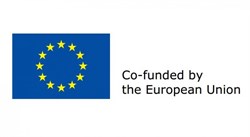
Co-founded by the Europen Union
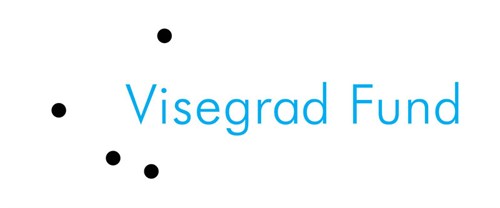
The program was co-funded by the Visegrad Fund
